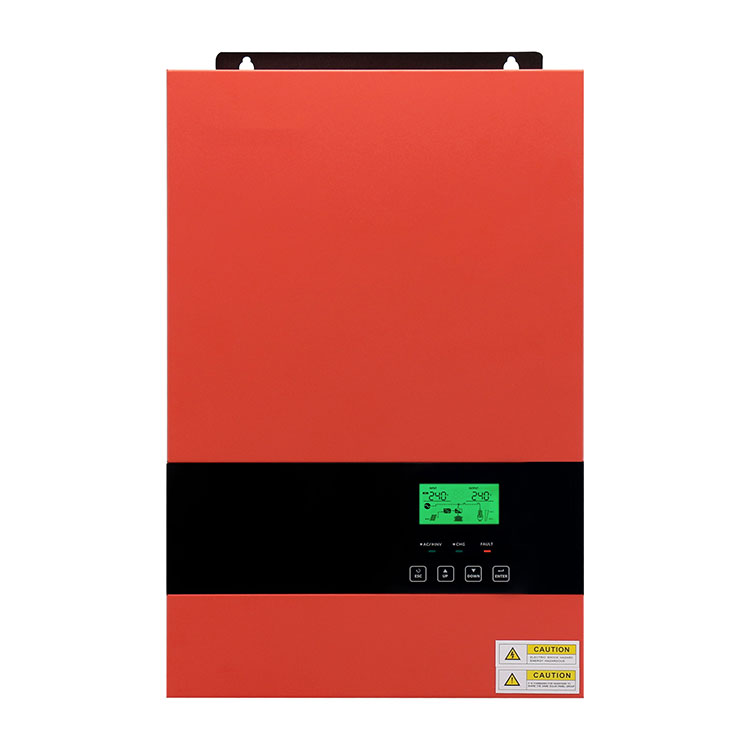Unlocking the Power of Energy Efficiency: The Rise of Hybrid Inverters in Renewable Energy Systems
2024-05-16
As the world shifts towards renewable energy sources to combat climate change, the demand for innovative technologies that maximize energy efficiency continues to soar. One such groundbreaking solution at the forefront of this green revolution is the hybrid inverter. Combining the capabilities of traditional inverters with advanced features for storage and grid interaction, hybrid inverters are revolutionizing the way we harness and utilize renewable energy.

At its core, a hybrid inverter serves as the bridge between renewable energy sources, such as solar panels or wind turbines, and the electrical grid. Unlike conventional inverters that simply convert direct current (DC) from solar panels into alternating current (AC) for use in homes or businesses, hybrid inverters offer a multifaceted approach to energy management. They integrate battery storage systems, enabling excess energy generated during peak sunlight or windy conditions to be stored for later use, thereby optimizing self-consumption and reducing reliance on the grid.
One of the key advantages of hybrid inverters lies in their ability to intelligently manage energy flow in real-time. Advanced control algorithms monitor energy production, consumption patterns, and grid conditions to determine the most efficient use of available resources. This dynamic optimization ensures seamless transitions between grid power, renewable energy generation, and battery storage, maximizing overall system performance and minimizing energy wastage.
Moreover, hybrid inverters empower consumers to take greater control of their energy consumption and costs. By leveraging smart grid functionalities and energy management software, users can monitor and adjust their energy usage remotely, optimize time-of-use tariffs, and even participate in demand-response programs. This level of flexibility not only promotes energy conservation but also contributes to the stability and resilience of the grid as a whole.
From residential rooftops to commercial facilities and utility-scale installations, the versatility of hybrid inverters makes them suitable for a wide range of applications. Their modular design and scalability allow for seamless integration into both new and existing renewable energy systems, offering unparalleled adaptability and future-proofing capabilities.
As the adoption of renewable energy continues to accelerate worldwide, hybrid inverters are poised to play a pivotal role in shaping the energy landscape of tomorrow. By unlocking the power of energy efficiency and enabling greater autonomy in energy management, these innovative devices are driving us closer to a sustainable future powered by clean, renewable resources.


